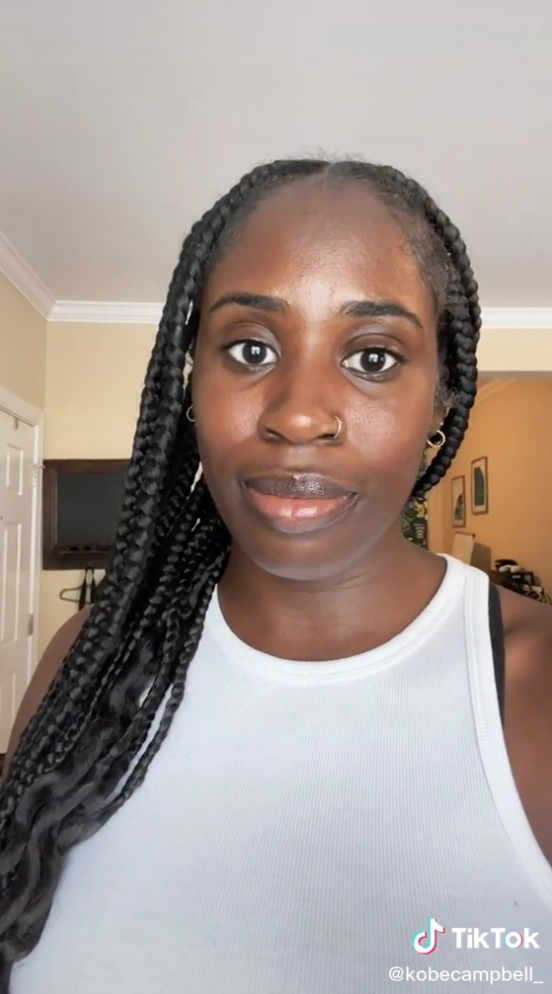When it comes to moving forward from past life experiences, some people may assume that "healing" means becoming the absolute best, "non-destructive" version of themselves.
However, while becoming "perfect" may be a goal for some people's healing journey, trauma therapist Kobe Campbell, LCMHC, recently went viral on TikTok for saying rather than trying to be perfect, try to allow the "worst version of yourself" to be loved instead.
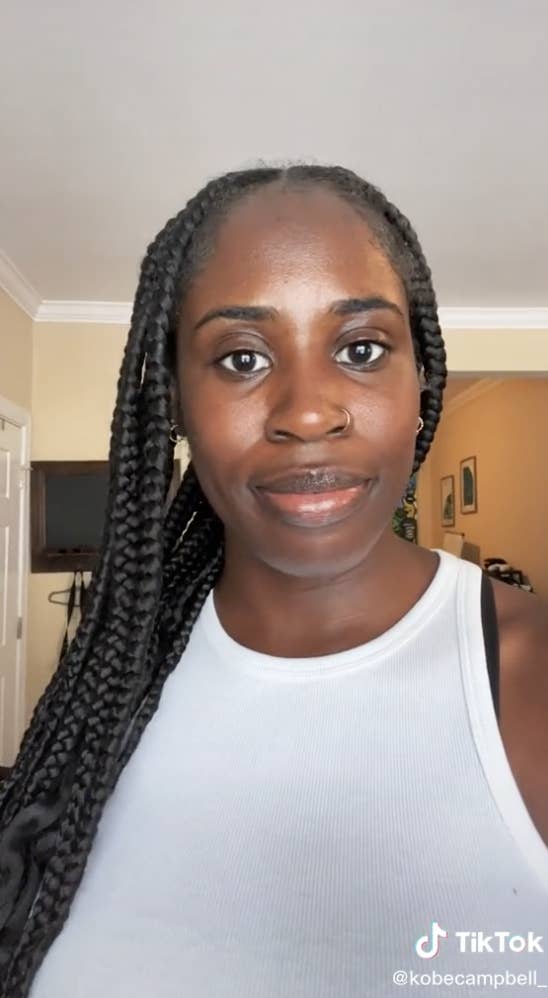
In the video, Kobe further explained why this advice works: "Some of us have turned healing into becoming this super perfect version of ourselves; that is bondage. That is anxiety waiting to happen."
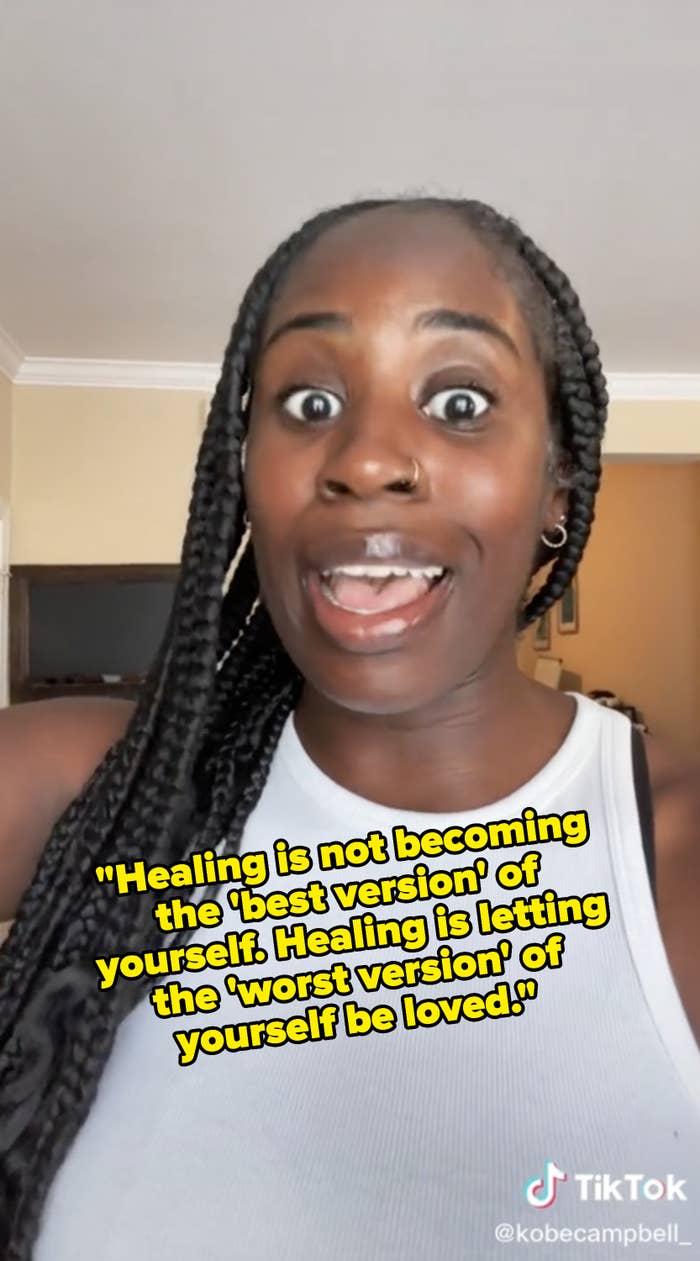
"Healing is saying: 'Every single version of me deserves love, deserves tenderness, deserves grace.' When we get to a place where we can see and empathize with every version of ourselves, even the version of ourselves that we can sometimes be ashamed of, that's when we know that we are walking in a path of healing."
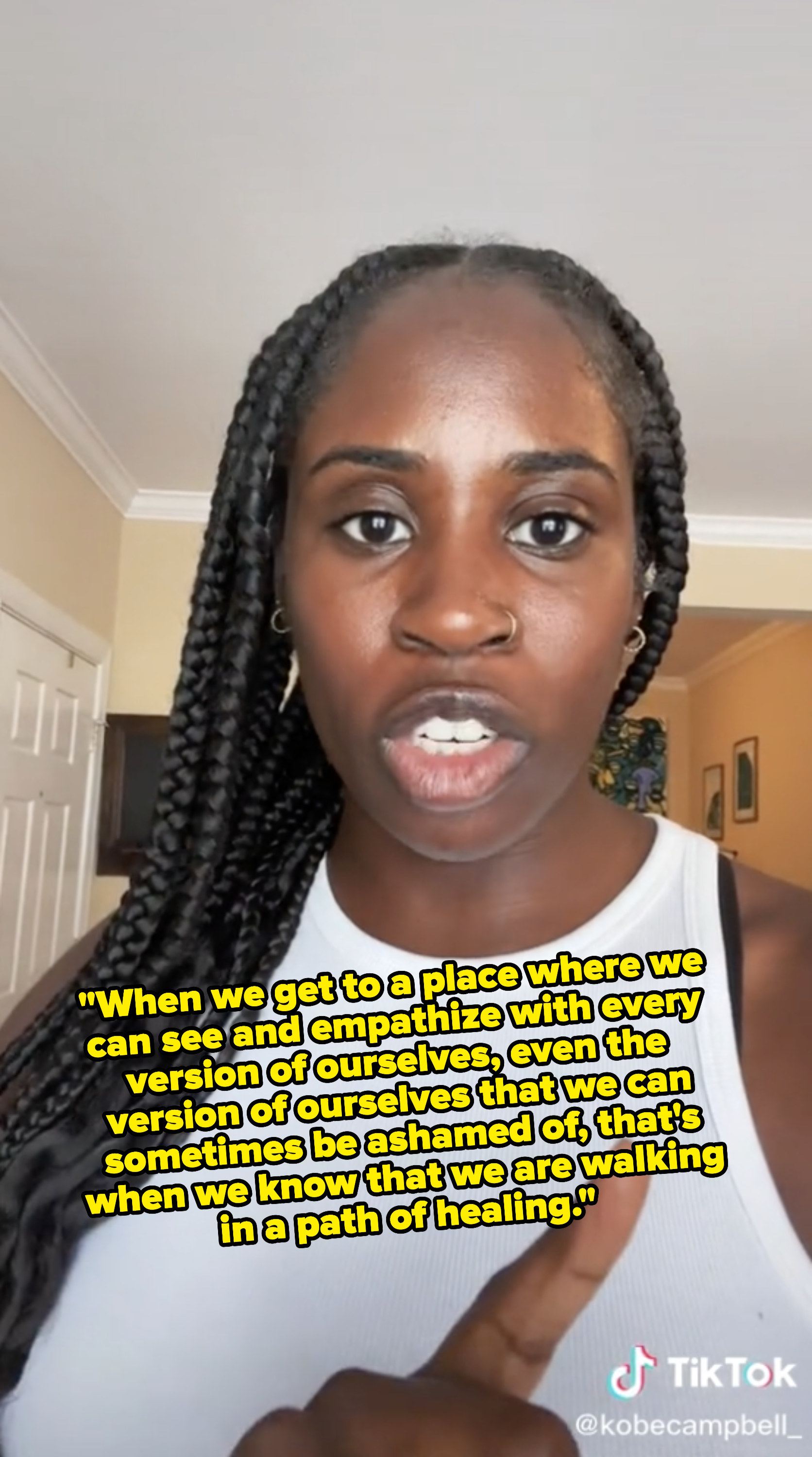
When Kobe posted this video on TikTok, over 900k people viewed it — and a lot of them left comments that praised this different perspective on healing.
For instance, some people resonated with the "perfectionist" part that Kobe mentioned in the video:

While others added their own wisdom to the comment section to expand on Kobe's perspective:

However, some people even provided insight into what their own therapists have told them about healing:

Personally, I resonated a lot with what Kobe posted, so I reached out to her to dig a little deeper and learn more. She explained that the reason why some people believe healing means "becoming the perfect version of themselves" could be because that's what we've been taught in American society. "It’s been marketed to us," Kobe told BuzzFeed. "The American dream, at its core, is about arriving. It’s about getting what you want because you’ve finally become 'good enough' to deserve it."
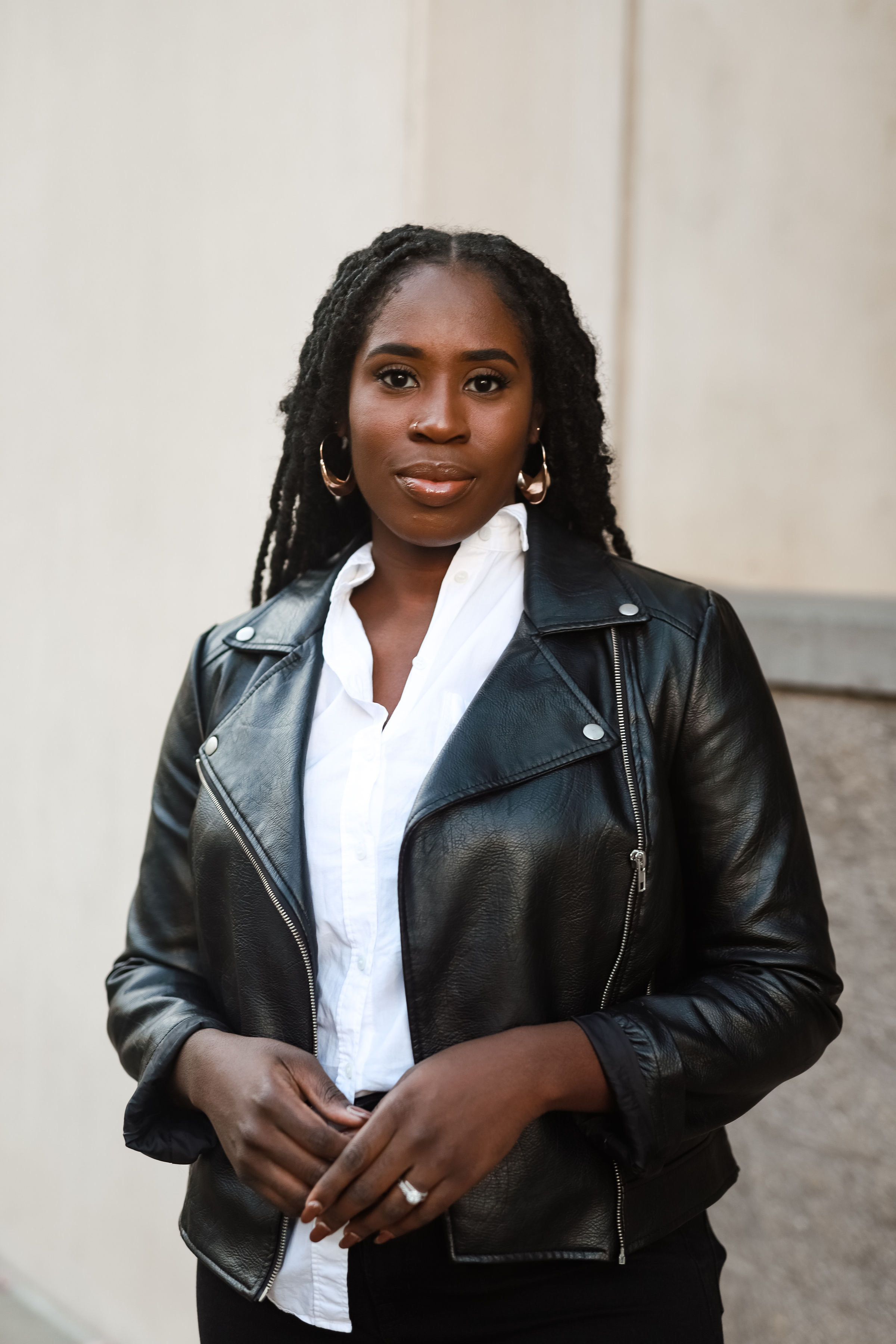
Because of this societal norm, Kobe explained that "many of us think we aren't deserving [of something good] until we get to a certain place in our healing," which, by the way, is far from the truth.
"The truth is we are deserving now," Kobe explained. "This is why [the above] perspective can give people the courage to continue journeying in healing."
But why does forcing ourselves to "be perfect" equate to a form of bondage and not as a form of healing? Kobe said, "When we begin to pursue perfection instead of acceptance, we end up never satisfied with who we actually are in the present. We're always putting off loving ourselves, living authentically, and letting ourselves experience good things. That's where the healing happens. In the living."
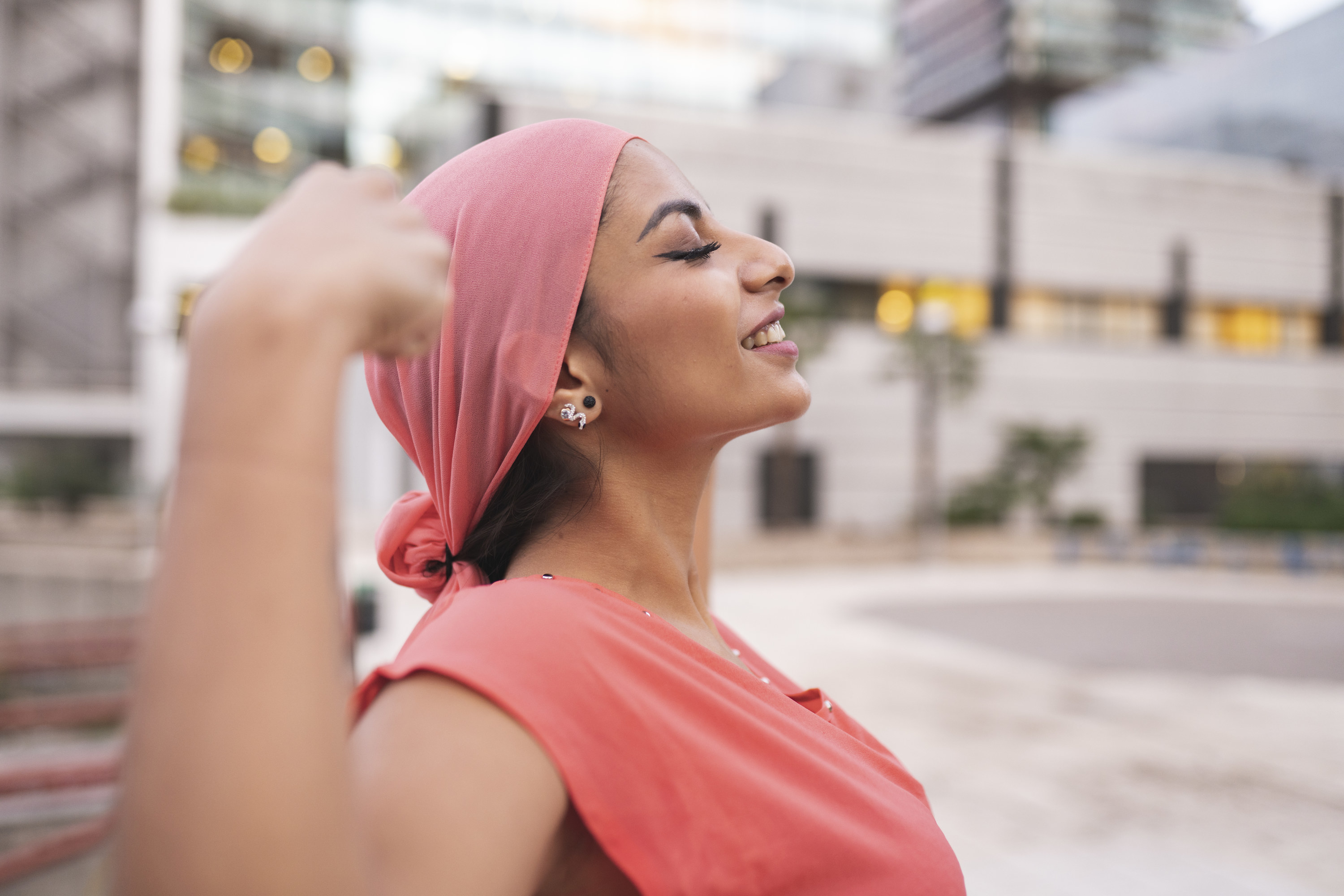
"And even when we do finally meet the 'perfect' standards we set for ourselves, we become anxious about maintaining that 'perfection' to the point that we can't even enjoy reaching the goals we set for ourselves," Kobe continued. "'Perfection' is a moving mark that leaves us ever-striving and never dwelling. When we try to be 'perfect,' we miss the goodness we have now as we are."
But even though people may understand this new perspective, Kobe wanted to emphasize that it's completely normal to struggle with adapting this new mentally into your daily routine, especially if you've never tried to do it before. "I think it’s hard for people to love the 'worst' version of themselves because that version of themselves is often a version that was most rejected and experienced the most pain," she said. "We want to get away from that version of ourselves because we’re really trying to get away from the rejection and pain we faced when we were that person."
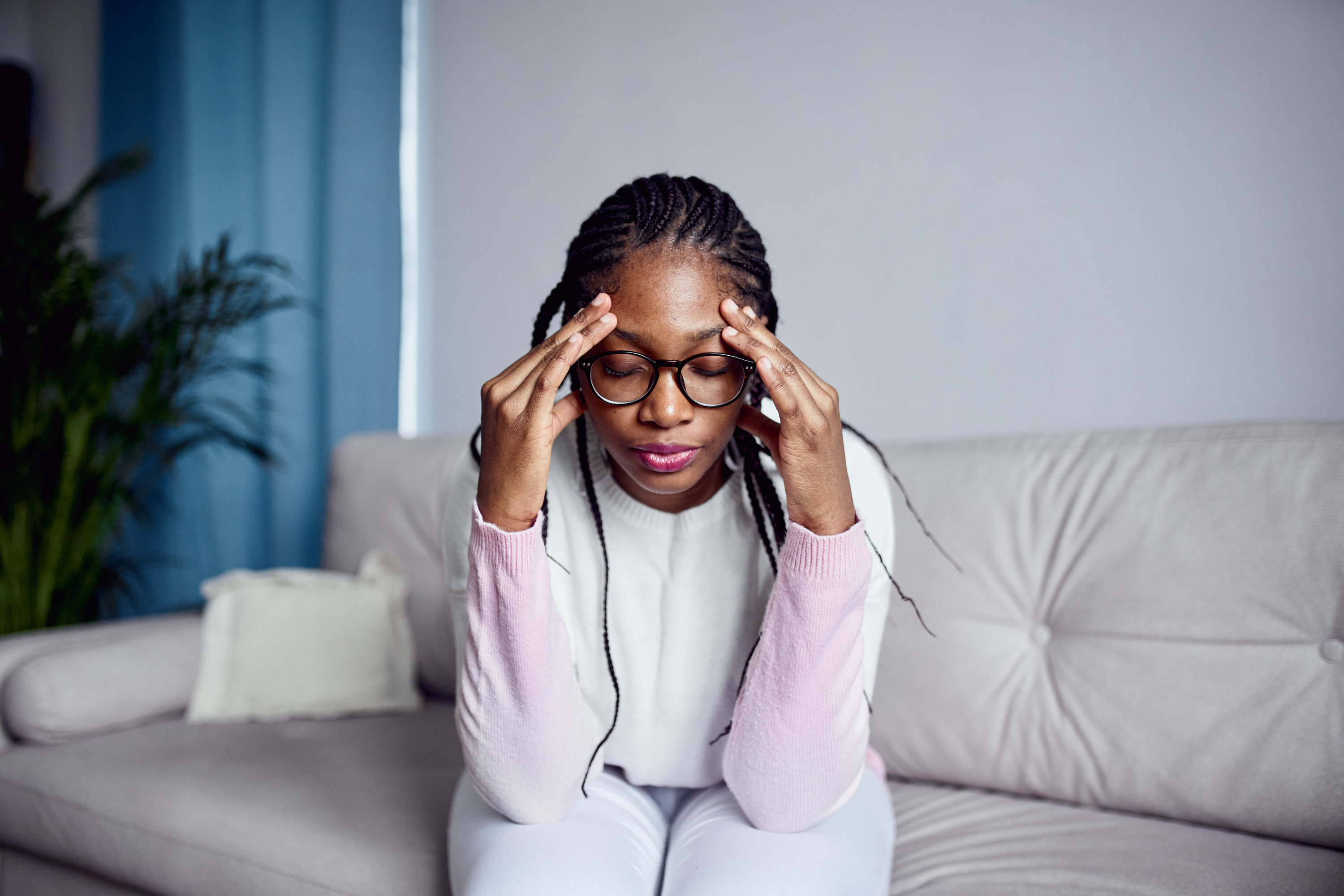
However, Kobe said that when we don’t get compassionately acquainted with that version of ourselves, we end up traumatizing ourselves and embodying the same traits of the people and situations that made us feel unlovable, which, in the long run, can reinforce the rejection and pain we felt long ago.
"Healing has to include correcting the painful narratives of the past," Kobe said. "It has to include giving ourselves tenderness when we expect wrath. Giving ourselves acceptance when we expect rejection. That emotional correction, rooted in acceptance, gives us the freedom and courage to become more of ourselves. To feel at home with ourselves."
Essentially, to heal your pain and trauma, you want to give yourself the love and empathy you maybe never got when you were younger.
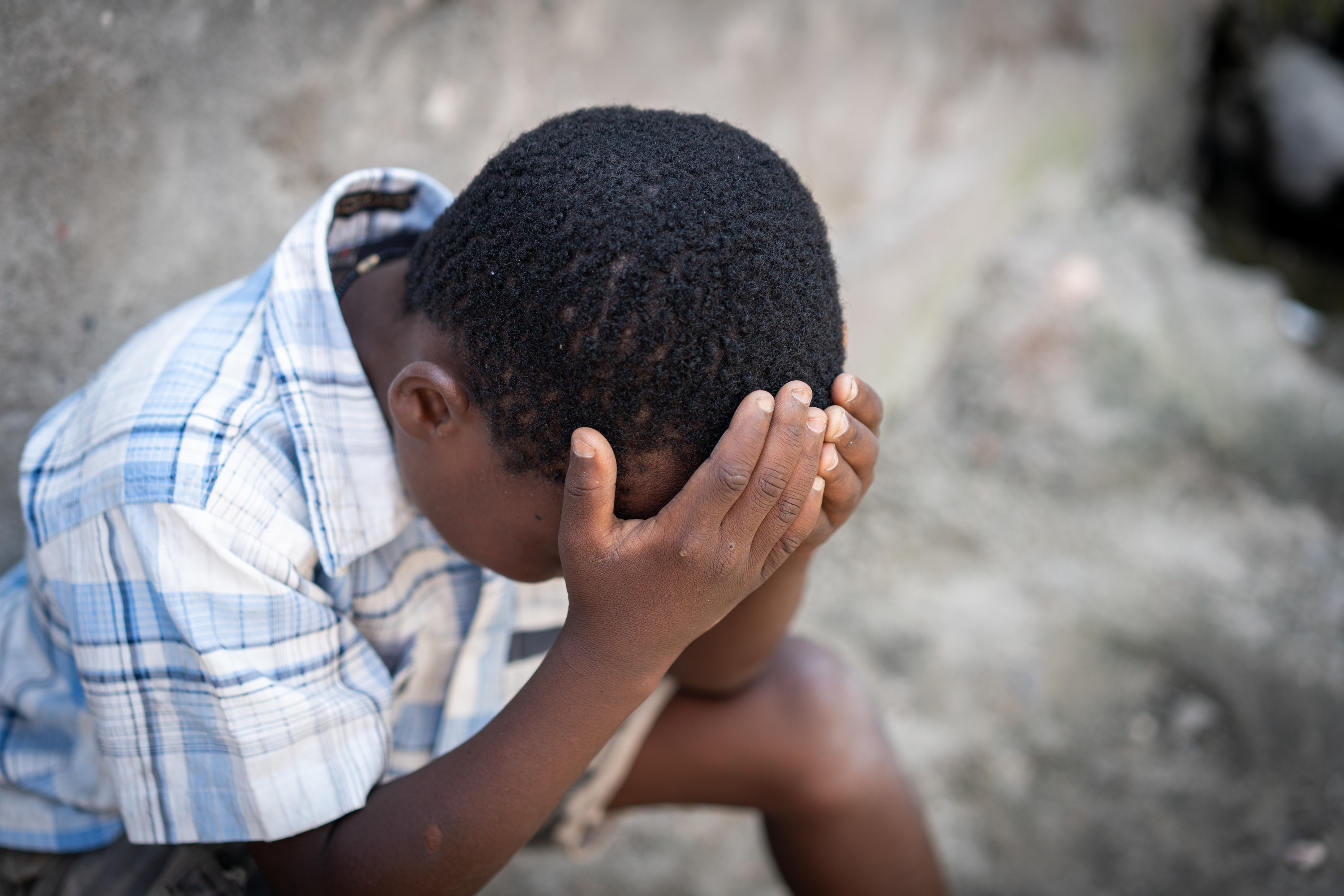
But what if someone doesn't quite know how to connect with themselves or express their emotions? Kobe said they can begin by learning how to listen to themselves. To do this, she provided a few questions you can ask yourself when you're trying to processing emotions:
1. When do I feel most safe?
2. When do I feel most unsafe?
3. When do I feel most like myself?
4. What makes me the most burdened?
5. What does my most wounded self need to hear right now?
Kobe said asking these kinds of questions, rather than trying to talk yourself out of what you're feeling, will help put words to your emotions and experiences, which is a powerful and tangible way to begin accepting yourself while decreasing your distress. "Get curious. We all need the space to feel freely," she said. "Sometimes, we’ll be the first to give [compassion] to ourselves."
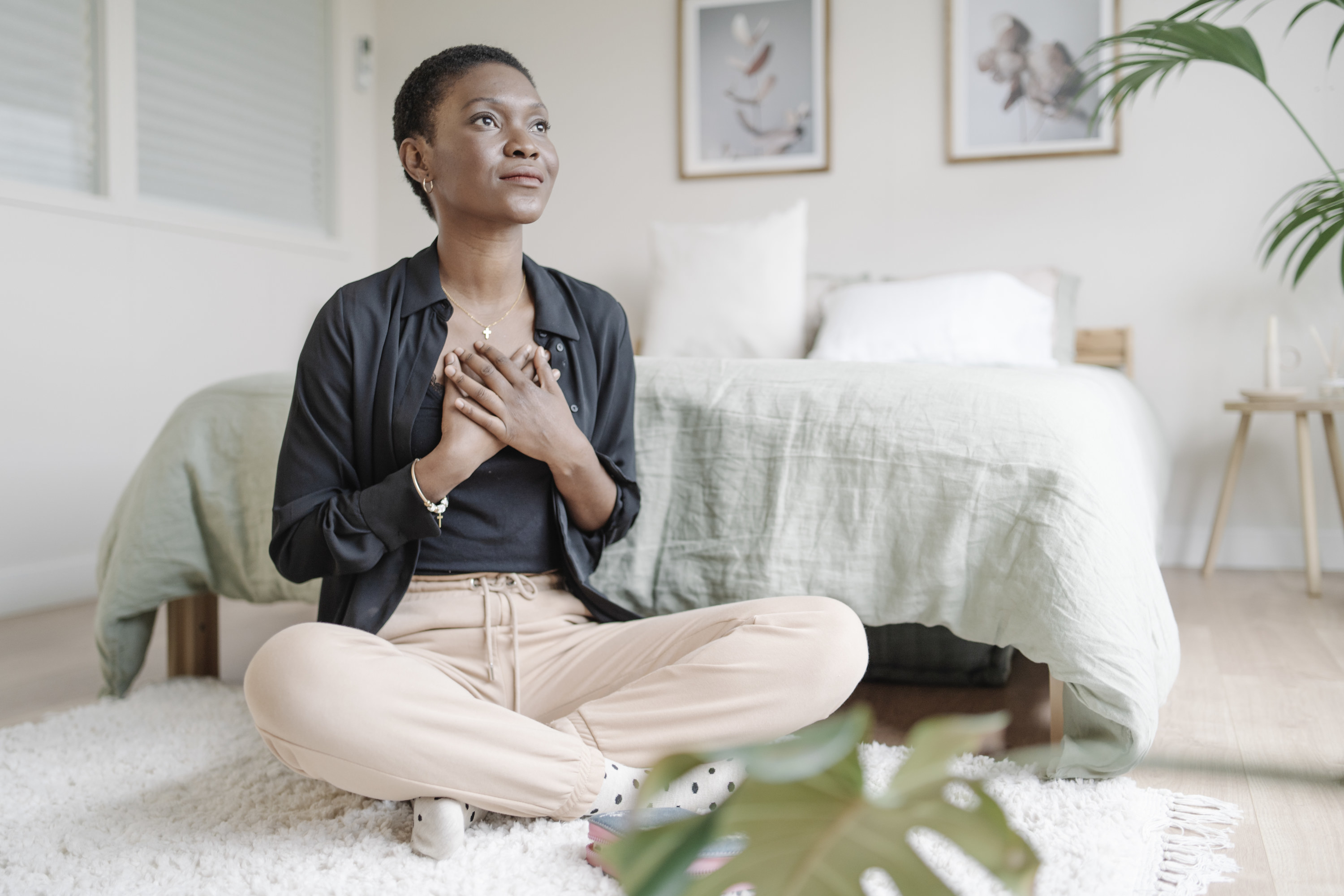
And when you do become more comfortable learning how to connect with your emotions, Kobe suggested doing an activity to find out exactly what you need to heal: "One of my favorite activities that I do with clients (and myself) is asking them to imagine the version of themselves that they're most estranged from [while] sitting in an empty room," she said. "Imagine yourself at the age that you were. Really envision yourself. Take in your physical posture and facial expression."
Then she said to ask yourself: "What did I need when I showed up as that person? And how can I give that to myself now?"
When it comes to healing, Kobe wants people to remember that it's about getting curious instead of being judgmental toward ourselves. "Empathizing with every version of ourselves is about seeing the traits we typically distance ourselves from and instead, seeking understanding of the 'why' of the traits that arose instead of the 'what,'" Kobe said. Her motto? "It's about connecting instead of rejecting."
